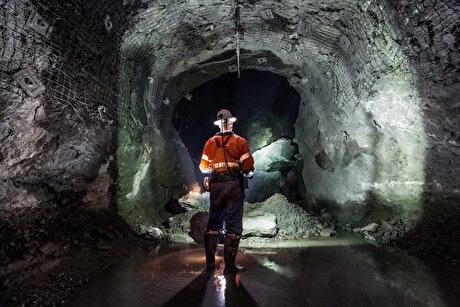
2019: Annus horribilis for EU HRC produces
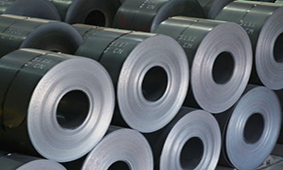
As a result, they competed ruthlessly for volumes, driving northwest European prices down by €107/t between the start of January and mid-November. Prices dropped from €519.50/t ex-works at the start of this year to €412.50/t ex-works as of 15 November, with the German market hit hardest by the soft automotive environment: a global correction in car sales, led by China, was heightened in Europe by the political tide turning against the diesel combustion engine.
Italian prices plummeted from €467.50/t ex-works on 7 November, when Argus launched its daily index, to a nadir of €384/t on 4 November, a decline of €83.50/t.
The European Commission's refusal to greenlight the Thyssenkrupp Tata Steel joint venture was another nail in the coffin for mill pricing power.
Low apparent demand in the automotive market quickly filtered into other sectors across Europe, as mills and service centres tried to find fresh homes for material previously destined for carmakers. Commodity-grade exports also rose as mills in Germany, the Benelux and Italy looked to offload surplus tonnage. From January-October, EU mills sold 2.85mn t to overseas markets, up by 27pc from 2.24mn t over the same period last year. Turkey, Egypt and even southeast Asia took commodity-grade exports from Europe. Southeast Asia would not have booked European material in recent years, as it has been serviced by competitively priced Chinese steel.
But China has been comparatively strong this year. In fact, in the past few days, the differential between fob China hot-rolled coil (HRC) prices and domestic dollar-denominated northwest European coil has been as little as $7-8/t. Fob China HRC prices have risen by $76/t since the end of October to $482/t at present. Over the same period, northwest EU prices have moved up by just $26/t, as EU pricing has seriously lagged the uptrend in the main exporting hubs of Asia-Pacific, Turkey and the CIS. Prices in the latter two regions have risen by $95/t and $90/t, respectively, since the end of October.
EU mills implemented production cuts over the second half of this year, and more stringently in the fourth quarter, and in December this started to have a real impact on prices. The Italian index month-to-date average has risen to €422.58/t ex-works in December, compared with €397.31/t ex-works in November. Similarly, the northwest European index is at an average of €431.42/t ex-works, from €415.35/t ex-works in November.
Market participants estimate 6-8mn t of EU production has been taken off line and expect prices to strengthen further in the upcoming months on tighter supply on the continent, as well as from Turkish mills. Turkish sellers have lifted offers ostensibly, with the Argus assessment at $490/t fob on 20 December from a low of $395/t fob on 25 October. Such firm overseas prices and the 30pc cap on HRC imports from any particular country have sparked some concern about availability, alongside the ongoing Ilva saga.


SAIL Bhilai Steel relies on Danieli proprietary technology to expand plate mill portfolio to higher steel grades

Alba Discloses its Financial Results for the Second Quarter and H1 of 2025
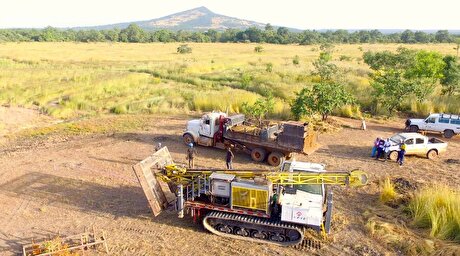
Fortuna rises on improved resource estimate for Senegal gold project

US slaps tariffs on 1-kg, 100-oz gold bars: Financial Times

Copper price slips as unwinding of tariff trade boosts LME stockpiles

Codelco seeks restart at Chilean copper mine after collapse

Why did copper escape US tariffs when aluminum did not?

Fresnillo lifts gold forecast on strong first-half surge

NextSource soars on Mitsubishi Chemical offtake deal

Samarco gets court approval to exit bankruptcy proceedings

Hudbay snags $600M investment for Arizona copper project
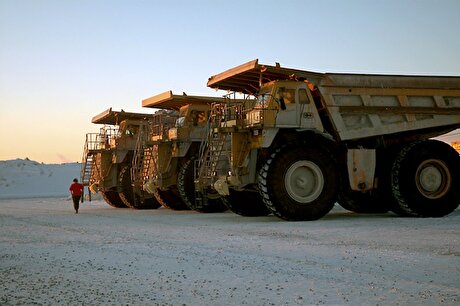
Discovery Silver hits new high on first quarterly results as producer

Trump says gold imports won’t be tariffed in reprieve for market

AI data centers to worsen copper shortage – BNEF

Uzbek gold miner said to eye $20 billion value in dual listing

Peabody–Anglo $3.8B coal deal on the brink after mine fire

De Beers strikes first kimberlite field in 30 years

Minera Alamos buys Equinox’s Nevada assets for $115M
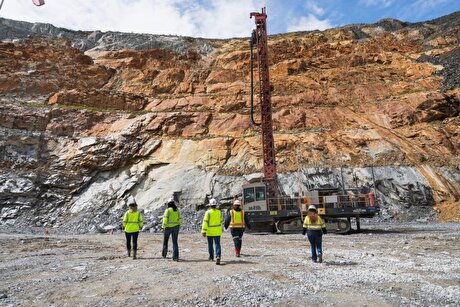
OceanaGold hits new high on strong Q2 results

Hudbay snags $600M investment for Arizona copper project

Discovery Silver hits new high on first quarterly results as producer

Trump says gold imports won’t be tariffed in reprieve for market

AI data centers to worsen copper shortage – BNEF

Peabody–Anglo $3.8B coal deal on the brink after mine fire

De Beers strikes first kimberlite field in 30 years

Minera Alamos buys Equinox’s Nevada assets for $115M

OceanaGold hits new high on strong Q2 results

South Africa looks to join international diamond marketing push
